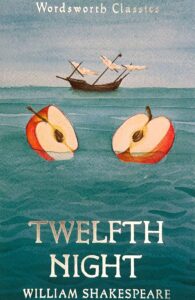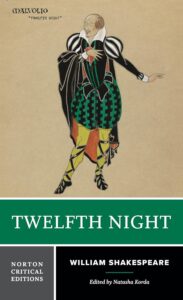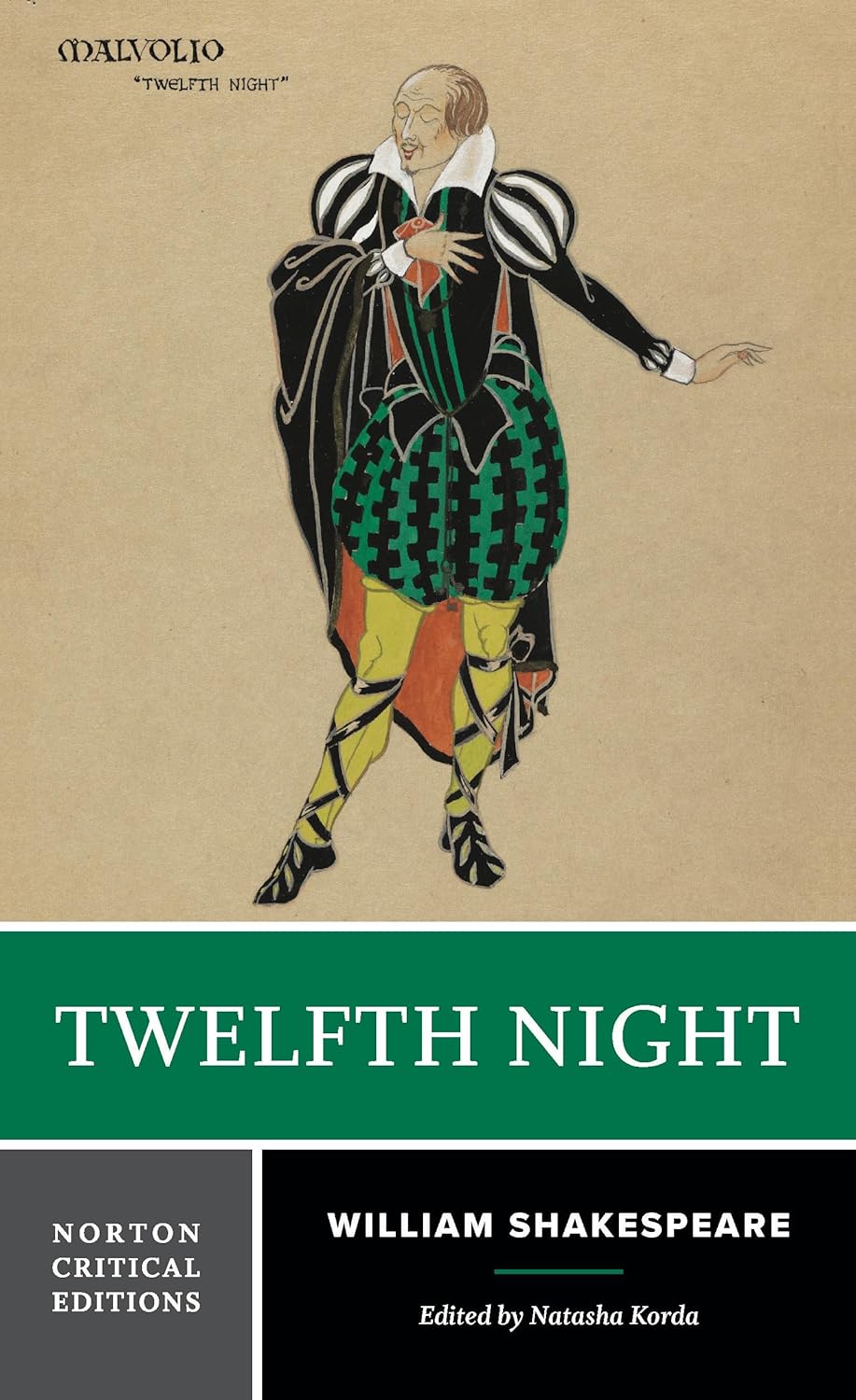William Shakespeare’s Twelfth Night, first performed around 1602, has long been one of his most beloved comedies. Yet, like many of his works, it has faced challenges and bans at different times in history. The play’s themes of cross-dressing, mistaken identity, and playful treatment of gender and desire have often unsettled more conservative societies. In the Victorian era especially, its depiction of Viola disguising herself as a man and the resulting romantic entanglements were sometimes deemed indecent or morally questionable. More recently, some schools and communities have objected to its exploration of sexuality and its subversive humor, removing it from reading lists or performance repertoires.
The censorship of Twelfth Night highlights how even Shakespeare’s comedies could provoke discomfort when they pushed against social norms. The idea of a woman dressing as a man, taking control of her fate, and attracting romantic attention challenged strict notions of gender roles. Combined with the play’s festive spirit of revelry and its mocking of authority figures like Malvolio, the work sometimes struck audiences as too irreverent for polite society.
Shakespeare, born in 1564 in Stratford-upon-Avon, was no stranger to controversy. His plays frequently pushed boundaries by mixing comedy with social critique, questioning power, and poking fun at cultural traditions. With Twelfth Night, he drew upon the festive tradition of misrule—when hierarchies were overturned and norms temporarily suspended—to explore love, desire, and identity in ways that remain strikingly modern.
The story follows Viola, shipwrecked and believing her twin brother Sebastian to be dead. Disguising herself as a young man named Cesario, she enters the service of Duke Orsino, who is hopelessly in love with the mourning Countess Olivia. Viola, in turn, falls for Orsino, while Olivia falls for Cesario, creating a tangled web of mistaken affections. The play also includes comic subplots, such as the trick played on the pompous steward Malvolio, whose vanity makes him the butt of the household’s jokes.
Today, Twelfth Night is celebrated as one of Shakespeare’s greatest comedies, a work that combines humor, romance, and sharp insight into human nature. Its history of censorship reminds us that even centuries-old plays can still feel provocative, especially when they question ideas of gender, love, and authority. What was once unsettling is now often seen as ahead of its time, making Twelfth Night both a timeless comedy and a bold exploration of identity and desire.






